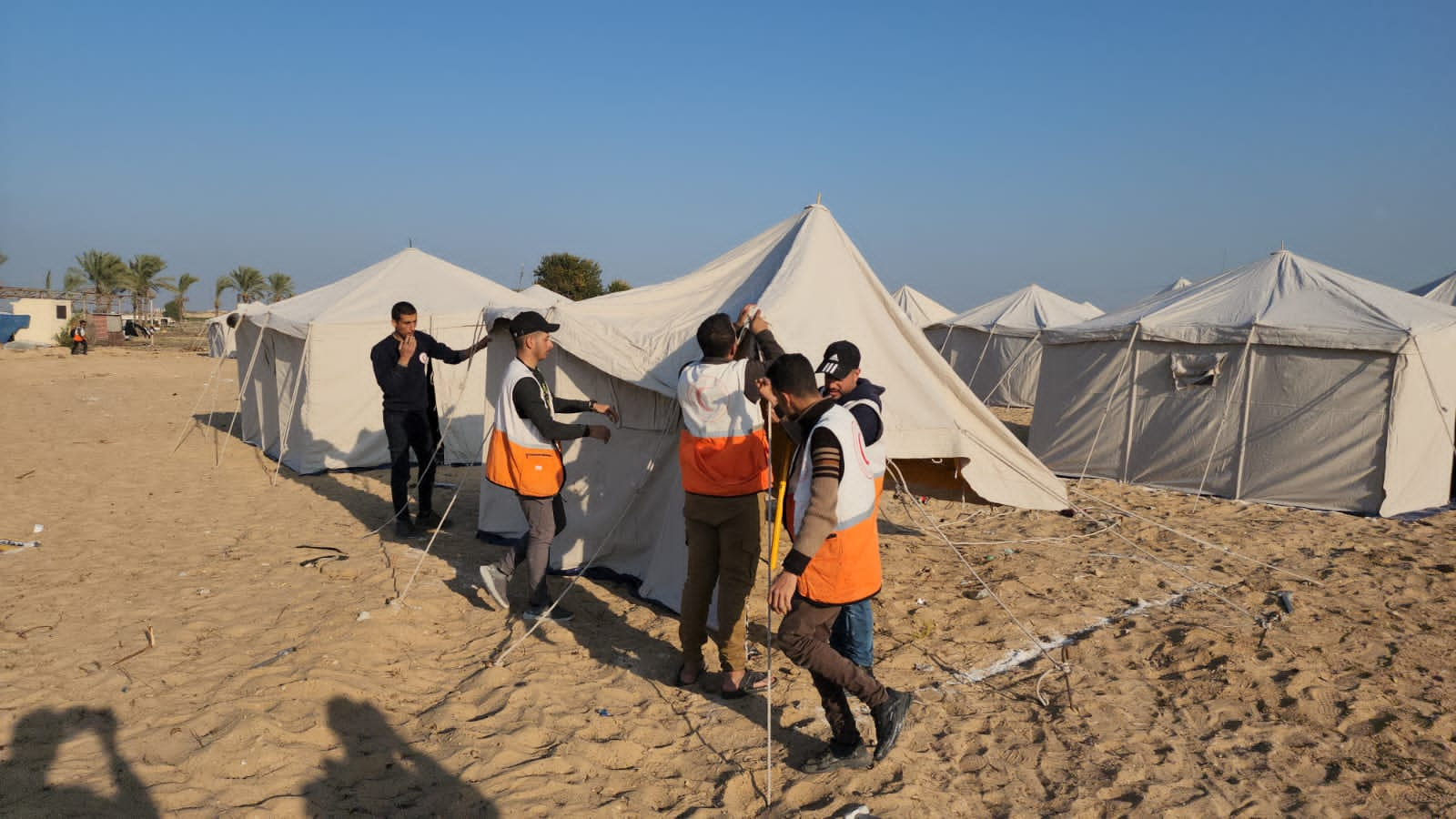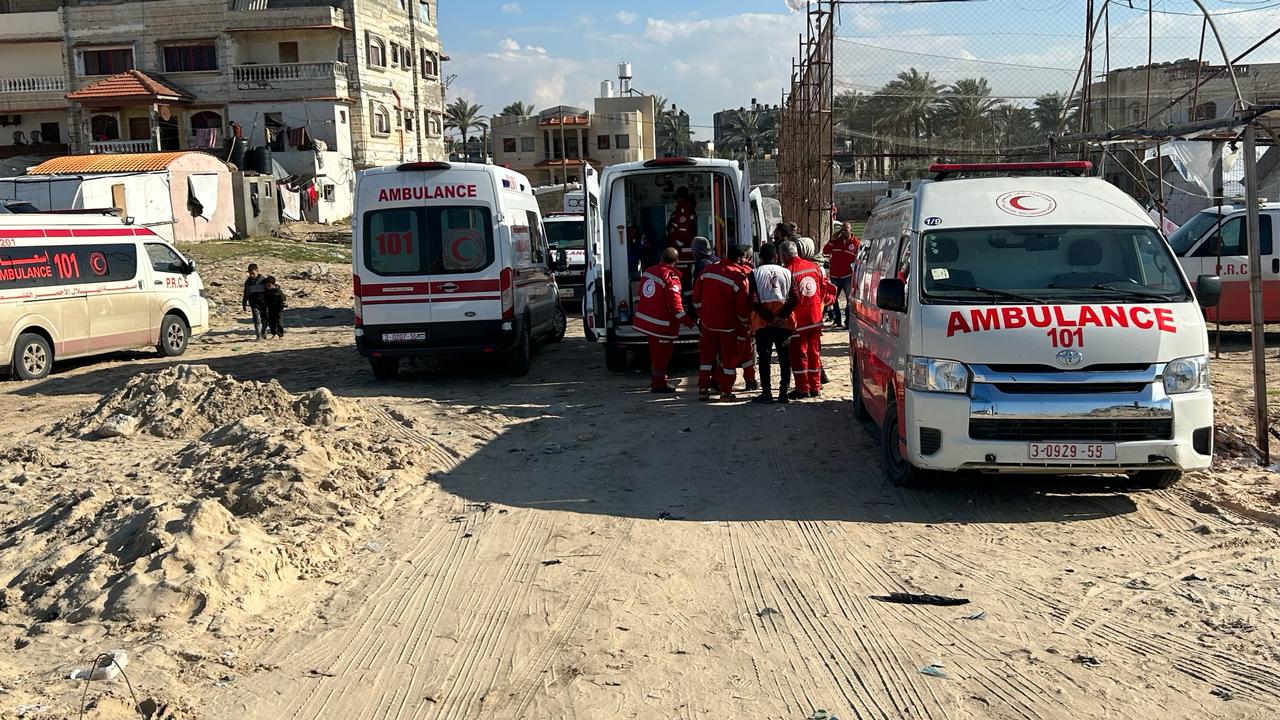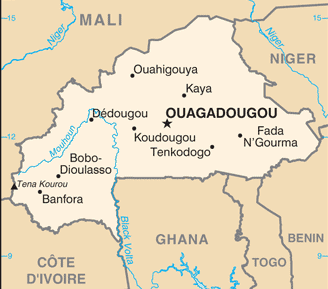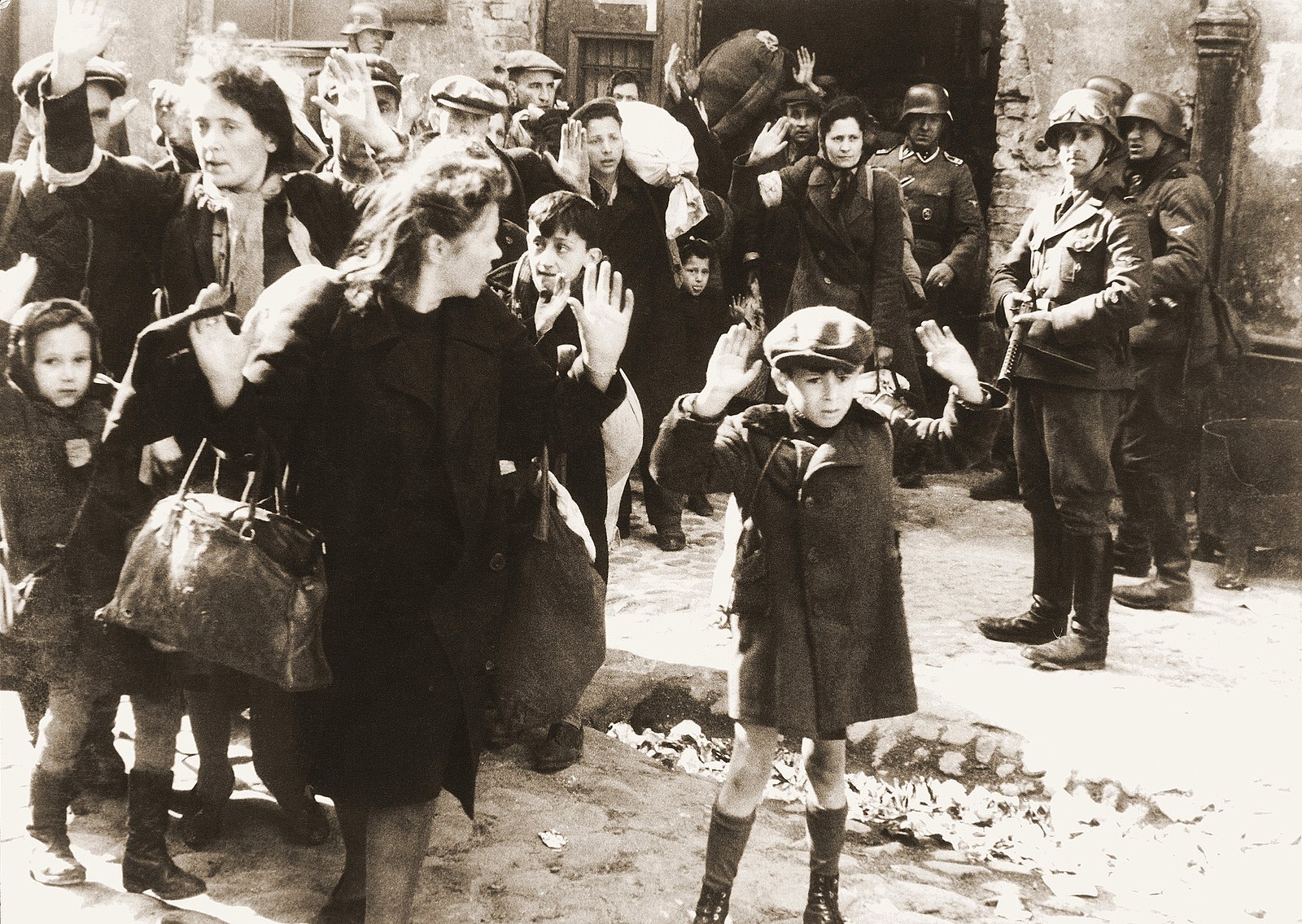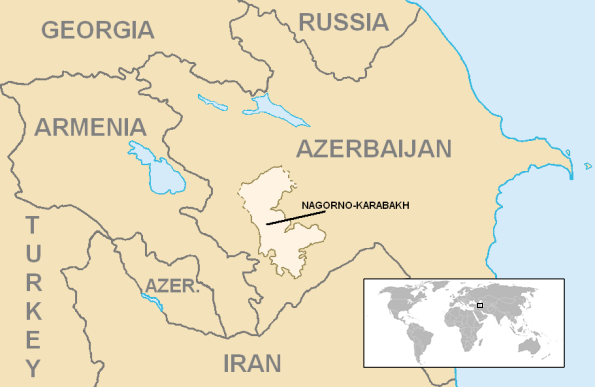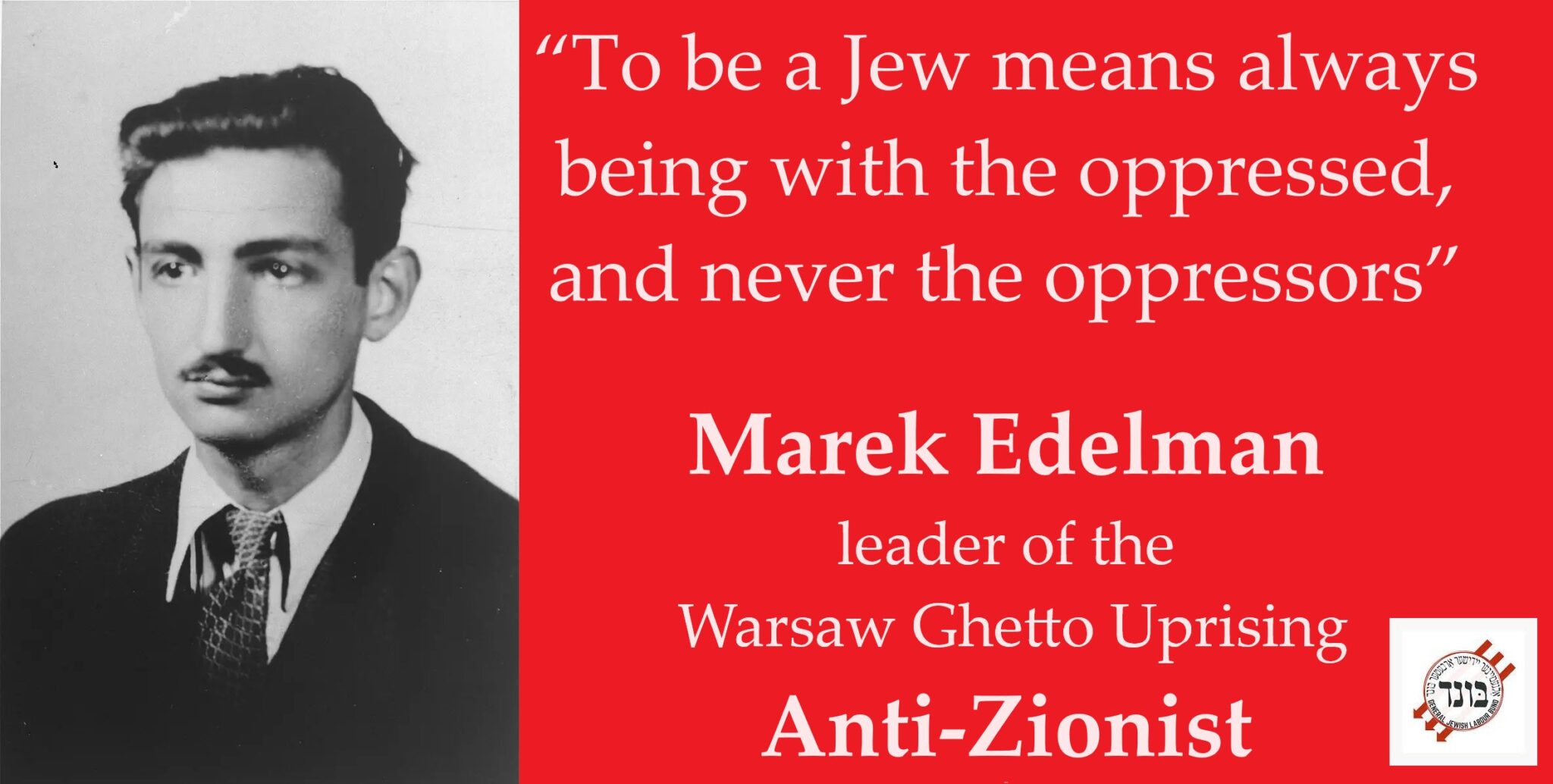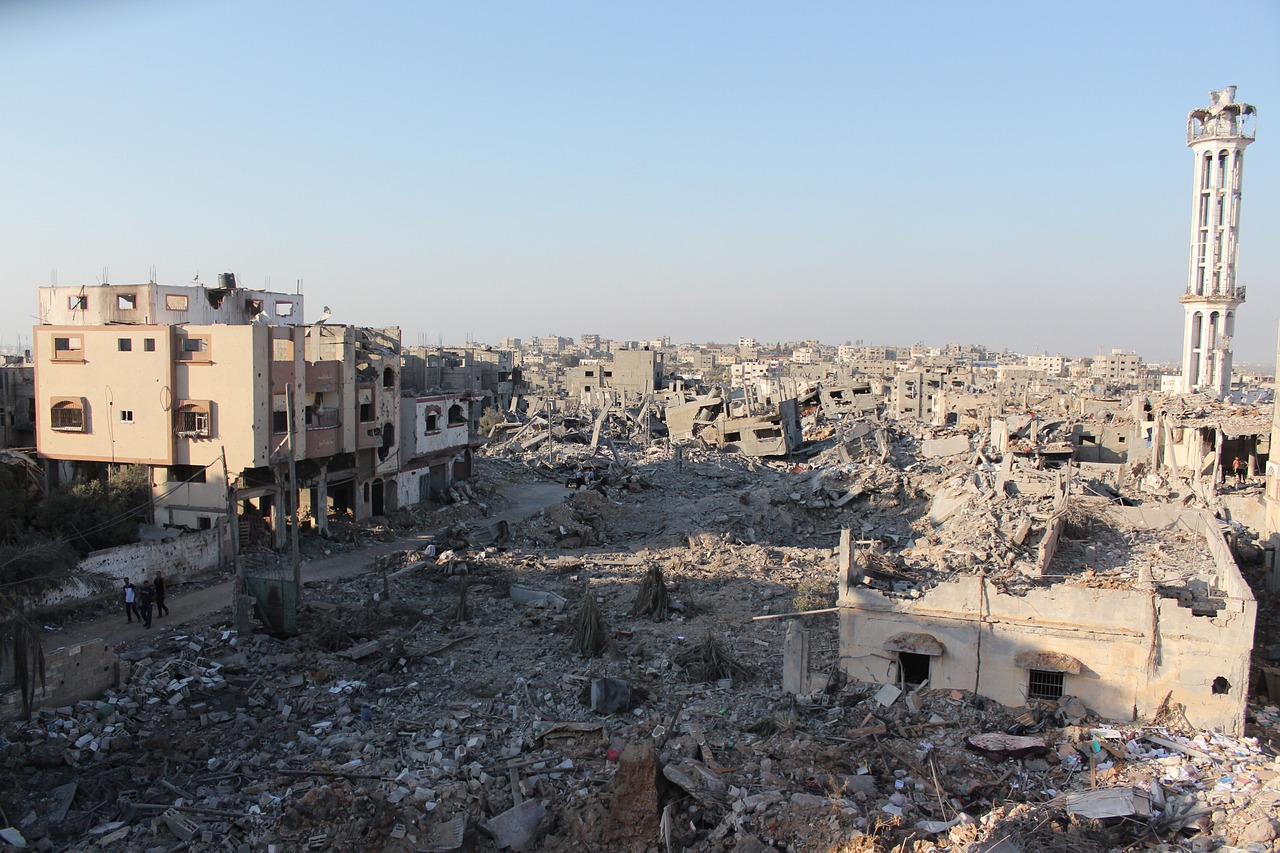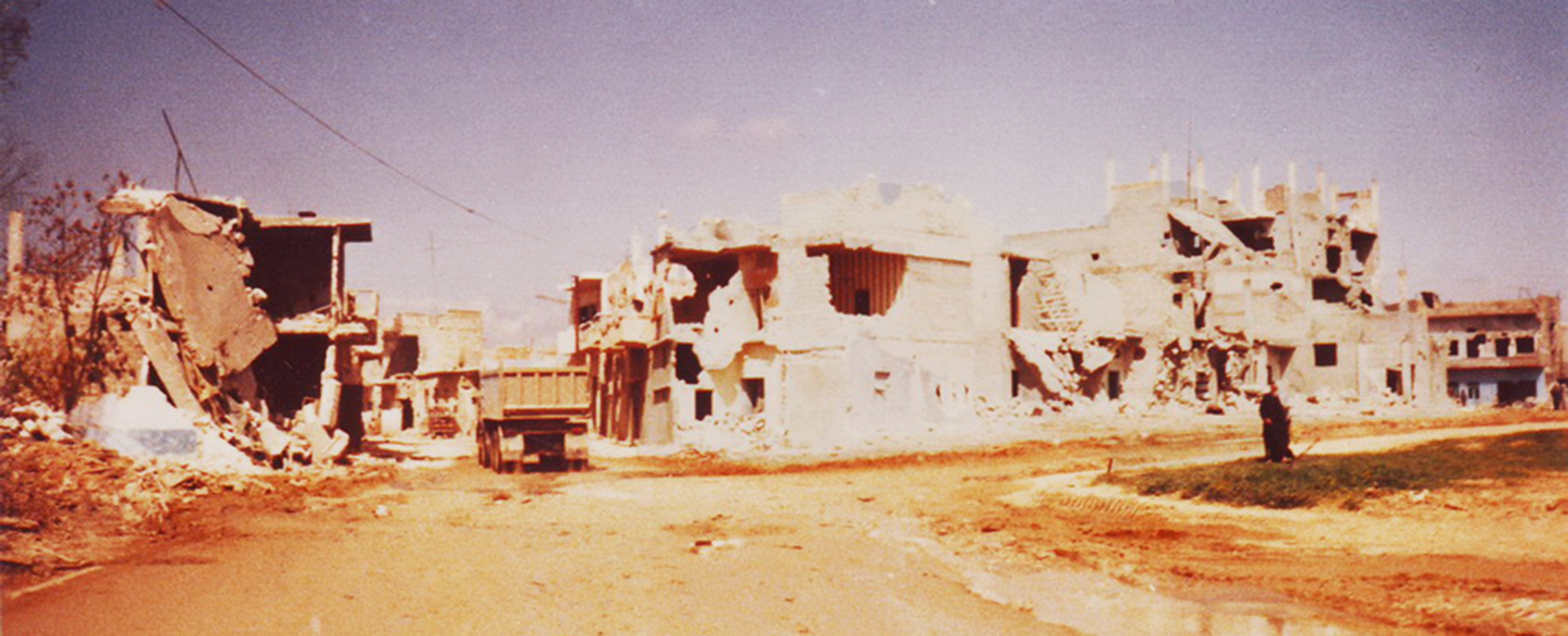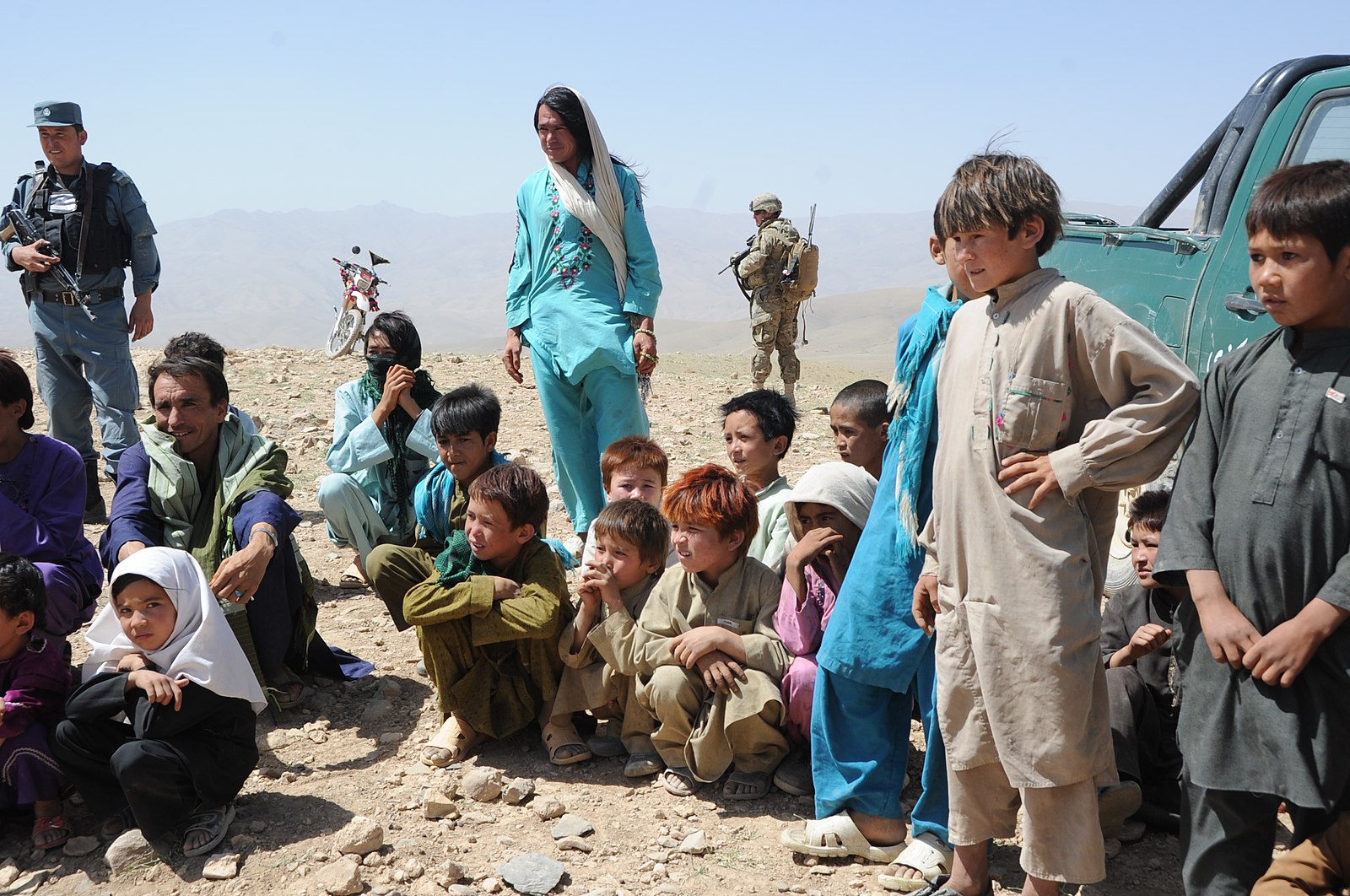
HRW: Afghanistan Hazara community at risk
Inadequate protections by the de facto Taliban authorities in Afghanistan continue to leave the Shi’ite Hazara community at risk of being targeted in atrocities that may amount to war crimes, according a report by Human Rights Watch. The report emphasizes the threat from the self-declared Islamic State Khorasan Province (ISKP), which continues to carry out attacks targeting Hazara mosques, schools and neighborhoods. In the most recent such attack, a presumed ISKP militant opened fire on worshippers at a Hazara mosque at Guzara, in western Herat province, killing six, including a child. (Photo: Hazara of Daykundi province in 2011. Credit: Karla K. Marshall/USACE via Wikimedia Commons)



